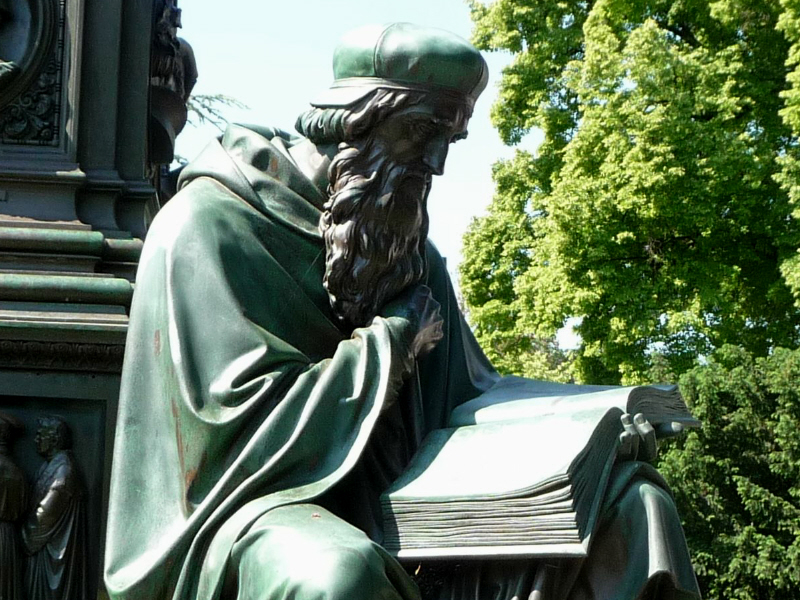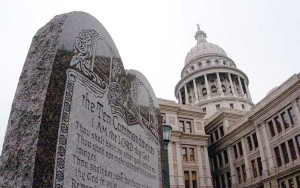
© 2024 Don Pinson | [Download]
(Link not working? Right-click and select “Save As”.)
Is America a nation birthed by God? Well the Bible says all nations are birthed by God: In Acts 17:26 the Bible says,
“[God]…hath made of one blood all nations of men for to dwell on all the face of the earth, and hath determined…the bounds of their habitation;”
Let’s learn about it from the book, Why God Birthed America…
“God’s plan had not changed, even though man had left the good beginnings brought about by Jesus’ death, resurrection, ascension, and outpouring of His Spirit into believers. Still yet, God had not given up on His dream of man being a vessel through which He could live His life. And He was about to Continue reading

 I’m amazed at how many people think we can’t live by law anymore. They say by their actions, if not their words, “You don’t have to keep any law. I determine the law for myself.” In other words, there is nothing “set in”, which is what the word law means. The boundaries for behavior shift depending on what the individual wants in a given situation. But is this good?
I’m amazed at how many people think we can’t live by law anymore. They say by their actions, if not their words, “You don’t have to keep any law. I determine the law for myself.” In other words, there is nothing “set in”, which is what the word law means. The boundaries for behavior shift depending on what the individual wants in a given situation. But is this good?